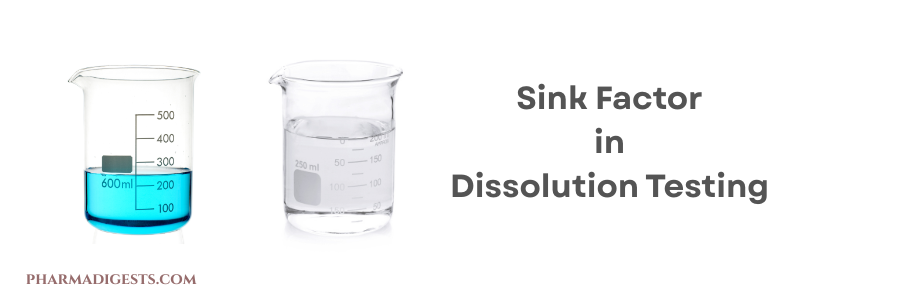Analytical Development

R&D Guide to Dissolution Specification Setting
Setting dissolution specifications at the R&D stage is a critical step in pharmaceutical product development. It ensures that the formulation will consistently meet performance expectations and regulatory requirements. Here’s a clear step-by-step guide: How to Set Dissolution Specifications in R&D 1. Understand the Role of Dissolution Dissolution testing predicts how ... Read More

What Should Flow Through HPLC Column?
What Should You Flow, and What Shouldn’t in HPLC? It Depends on Your Column! What you flow, what you avoid flowing, and in what order, all depend on your column’s stationary phase and physical parameters. Let’s break it down scientifically: Stationary Phase Chemistry 1. Reversed-phase columns (like C18): 2. Normal-phase ... Read More

Troubleshooting in HPLC | A Detective Game in the Lab
Even the best HPLC methods sometimes run into trouble. Poor peak shapes? pressure spikes? incorrect retention times? You need to identify define the problem, define which component(s) may be causing it, then solve it. This process is called troubleshooting. It’s an art as much as it is a science. Think ... Read More

Ways to Extend the Lifespan of C18 Columns & Guard Columns
Use a Guard Column Filter and Degas Mobile Phase Use Proper pH and Buffer Conditions Regular Column Flushing Avoid Prolonged Exposure to Aqueous Buffers Inject Clean Samples Optimize Flow Rate and Pressure General Precautions Before Cleaning Initial Rinse (Removing Buffer and Salts) Purpose: To remove any buffer salts that may ... Read More

Sink Factor in Dissolution Testing
Dissolution testing is a cornerstone of pharmaceutical development, providing invaluable insights into how drugs behave in the body. One critical aspect often overlooked is the sink factor and its pivotal role in ensuring the accuracy and relevance of dissolution results. What is Sink Factor? Sink factor refers to the ratio ... Read More

One Product Development for Multiple Markets
Developing a single product for multiple markets requires careful planning to meet the regulatory requirements of each target region. Identify Target Markets & Regulatory Authorities Each country or region has its own regulatory body that sets guidelines for pharmaceutical products. Key regulatory agencies include: Each authority has different requirements for ... Read More

Mastering the Art of Peak Integration in HPLC
Peak integration in High-Performance Liquid Chromatography (HPLC) is more than just a routine step—it’s the bridge between your experiment and the data-driven decisions that follow. Every peak tells a story, and accurate integration ensures you’re interpreting it correctly. Why is Peak Integration Crucial?The area under the curve (AUC) of a ... Read More

Effect of pH in Analytical Method
As a chromatographer not many of us are aware of how critical pH is in your method development, sometimes it is even considered as an inconsequential factor, which could have a negligible effect on our analysis. However, in truth pH can make or break your analysis, choosing the correct or ... Read More

Media and Buffers in Dissolution Method Development
Sink Conditions: Volume of medium should be at least 3 times that needed to form a saturated solution (USP definition). pH Range: Typical range is 1.1 to 6.8, but can be adjusted up to pH 8.0 for solubility. Common Buffers: Surfactants: Medium Deaeration: Ensure medium is deaerated to prevent bubbles, ... Read More

Discriminating Dissolution Media
Discriminating Dissolution Media is a critical component in pharmaceutical formulation development, designed to identify differences in the dissolution performance of drug products. These media are particularly useful when addressing formulation changes, variations in API properties, or manufacturing process alterations. Key Features of a Discriminating Dissolution Medium Examples of Common Discriminating ... Read More

Cetylpyridinium Chloride (CPC) in Dissolution Bath
Cetylpyridinium chloride (CPC) at 0.01% w/v is often used in a dissolution bath to maintain microbial control and ensure the cleanliness of the system. Its inclusion helps prevent microbial contamination, which could interfere with the dissolution process and affect the accuracy of drug release studies. CPC is a cationic surfactant ... Read More
